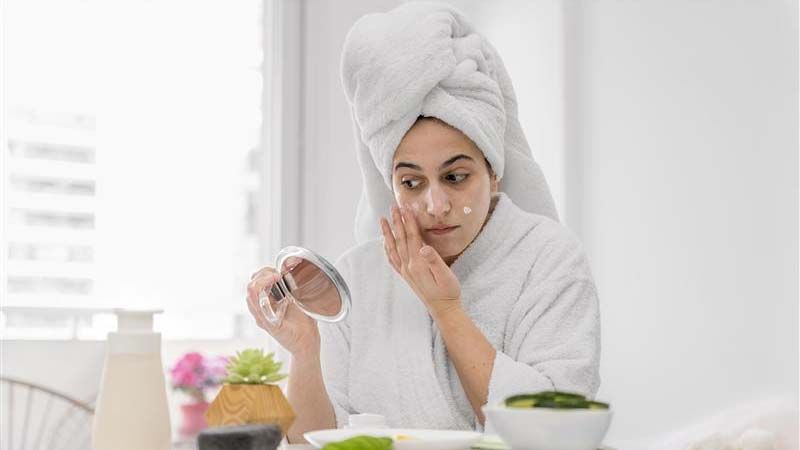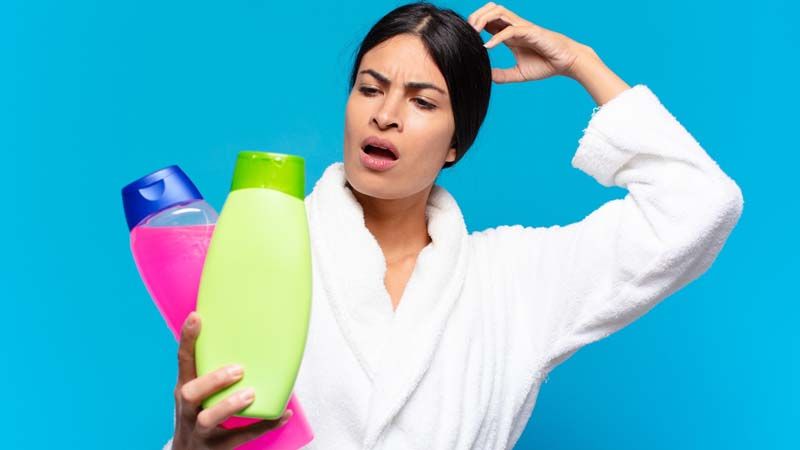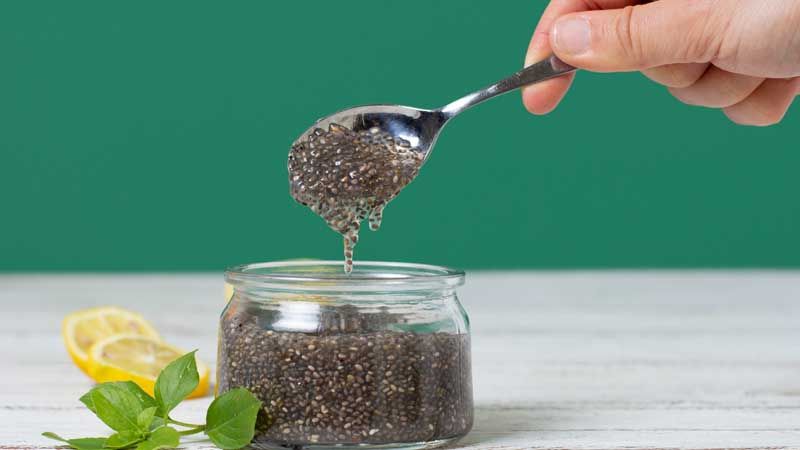How To Boost Your Skin Health With Zinc-Rich Foods?
- 10 months ago
With the constant onslaught of wrinkles, dryness, and acne, we sometimes forget that healthy skin begins on the inside. If you're wondering how to boost your skin's health, zinc-rich foods are just the beginning of what you can do to improve your overall appearance and well-being.
In addition to the many benefits of zinc, zinc-rich foods can also provide healthier skin, more energy, and overall better health. In this article, we'll go over the top zinc-rich foods that are commonly consumed today and how you can use them to make your skin look its best and enjoy the other health benefits they offer.
We'll also go over the basics of zinc and why it's important to your overall health, especially your skin health. Check out these ways to boost your skin's health with zinc-rich foods!
What are the health benefits of zinc?
Zinc is an essential mineral that plays a role in many bodily functions. Although it's commonly known for boosting immunity, zinc is also necessary for various other purposes, such as helping us maintain healthy cell growth and DNA. Additionally, research suggests that zinc benefits our skin in several ways. Let's look at these benefits and how you can get more zinc into your diet.
#1. Improves your skin's appearance:
A study published in the Harvard school of public health found that zinc is an effective antioxidant that helps protect against skin damage caused by UV rays, pollution, and other environmental factors. Antioxidants are crucial for maintaining healthy skin because they help slow down aging and fight off damage from free radicals—unstable molecules that can cause cells to age faster than normal or die prematurely.
Also check: 5 yoga poses for glowing skin
#2. Hydrates your skin:
Zinc plays a vital role in cell signaling and regulating oil production. A zinc deficiency can prevent cells from working properly, negatively impacting how much oil your skin produces and how well it maintains hydration levels. As a result, you might experience dryness or flake on your face or other body areas that aren't adequately moisturized. Zinc is often used as a treatment for atopic dermatitis (eczema).
#3. Helps treat acne:
If you struggle with acne, zinc could be just what you need to clear up your skin. Zinc can help reduce sebum production—the oily substance that clogs pores and causes breakouts. Sebum can also lead to more serious problems like acne scars and cysts, so it's important to keep levels under control if you want healthy skin.
7 must-have zinc-rich foods for better immunity and glowing skin
#1. Oyster

Oysters are packed with zinc, which helps fight acne and other skin conditions like eczema and psoriasis. They're also a great source of vitamin B12, which is essential for healthy hair, nails, and skin!
#2. Mushroom

Mushrooms are also high in zinc, which benefits your skin and hair. It helps keep your hair shiny and strong, so if you're looking for ways to improve your mane, add mushrooms to your diet!
#3. Spinach

Spinach is rich in vitamins A and C and zinc, which makes it a great food choice for overall skin health. It's also high in iron, which helps your body absorb zinc more easily.
#4. Beans

Beans are another excellent source of zinc and protein and fiber. They're also low in fat and calories, so they're a perfect way to fill up without filling out! Add them to salads or enjoy them on their own as a side dish or snack.
#5. Pumpkin seeds

Pumpkin seeds are packed with zinc, which is excellent for your skin and hair health. They're also high in protein and magnesium, which will help you stay energized throughout the day!
#6. Chickpeas

Chickpeas are a great source of zinc, which helps promote healthy skin and hair. They're also high in protein and fiber, so they'll keep you feeling full throughout your day!
#7. Almonds

Almonds are a good source of zinc, vitamin E, and selenium, essential for your immune system & skin.
Boost immunity and skin health with zinc-rich recipes
#1. Everyday chickpea curry
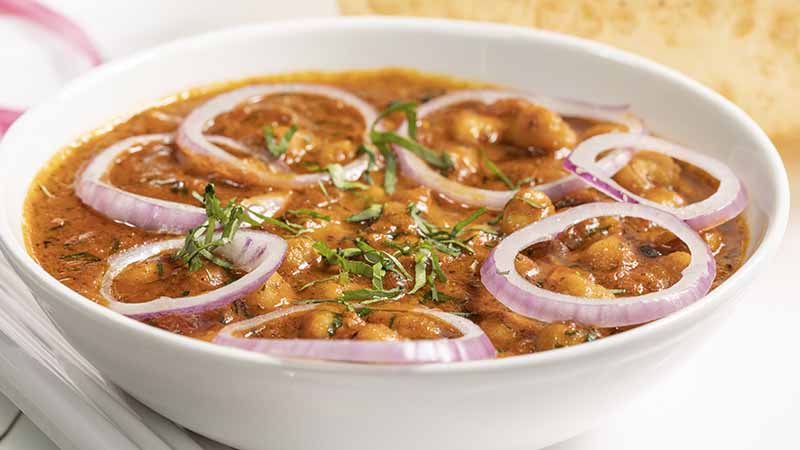
This chickpea curry is a staple in our home because it is quick, easy to prepare, healthy, and delicious!
How to prepare:
- Heat oil in a large skillet over medium heat.
- Add the onions and garlic, and cook until softened, about 5 minutes.
- Stir in spices and cook for 1 minute more. Bring to a boil.
- Add chickpeas, tomatoes, and broth; reduce heat.
- Reduce heat to low and simmer until slightly thickened, about 15 minutes.
#2. Apricot, almond, and dark chocolate cookie bars
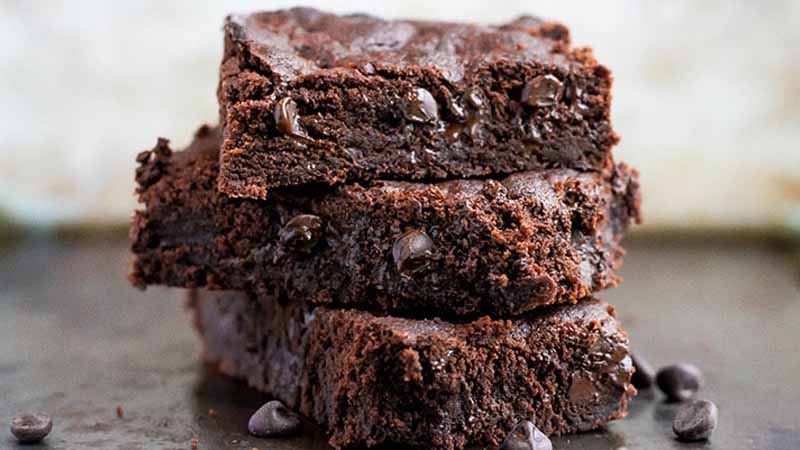
These bars are amazing! They're a great dessert option for when you want something sweet but don't want to go overboard on sugar or refined carbohydrates.
How to prepare:
- Mix Apricot, Almond, and dark chocolate cookie bar ingredients together in a bowl until well combined and heat on medium flame.
- Let cool completely before cutting into bars.
- Store in an airtight container in your refrigerator.

Conclusion
Many foods are fortified with zinc. Nuts and seeds are great places to start, especially pumpkin seeds. Other sources include red meat, fish, poultry, whole grains, and beans. You can also get zinc from your multivitamin supplements, but it's best to get zinc directly from food.



